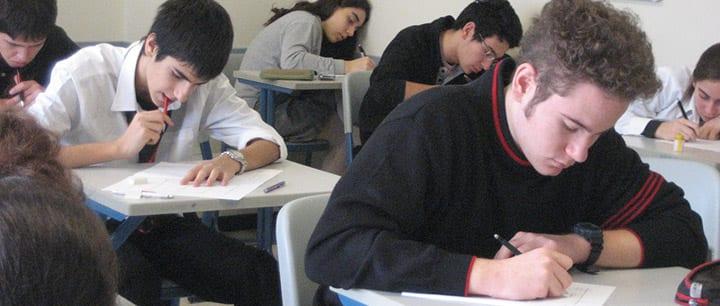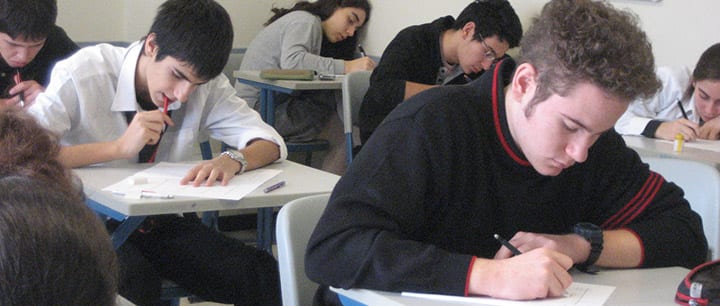When you’re given a writing assignment – but not a topic – deciding what to write about can be a challenge. Here, teacher Matthew H. shares a few unique writing topics to consider…
Virtually all students eventually will be required to write an essay on some literary piece they read in class or for homework. Normally, you will be expected to answer a specific question the teacher has posed to provoke a thoughtful response. However, sometimes you will be given the option to write on your own terms. These freestyle papers can be a relief to some students who have no interest in traditional essay questions, or a nightmare to those who have difficulty coming up with unique writing topics for themselves. Below are some interesting approaches that you can apply for successful papers.
1. Comparison with a topical entity.
Often, comparative essays will require you to take two major literary characters (from similar or distinct writing styles) and pit them against each other, noting similarities and differences in their actions and books’ themes. This can make for some really insightful commentary, but how many times can you compare King Lear with Pere Goriot and find something new? Instead, try taking a traditional literary figure and relating him or her to something topical, whether in current events or pop culture. This will make for a unique writing topic that your teacher likely hasn’t read yet and that you will enjoy writing.
2. Focus on a minor element.
Most schools focus on major literary works that the whole world is familiar with (e.g. Hamlet), with emphasis on the primary character or central themes. Change things up a bit by choosing a looked-over component of the piece that perhaps is not as obvious to discuss. This may seem more difficult because it’s riskier to write on something with less material, but it will allow you to have a new perspective on the work. Going back to Hamlet, all of the major characters have been analyzed countless times. Even minor characters such as Rosencrantz and Guildenstern have inspired brand new works of fiction. Why not take a seemingly minor element and expand on it, such as the concept of boat travel in Hamlet, and see what that could represent. Even if it seems risky to steer away from the traditional components (main characters and obvious themes), your teacher will appreciate that you avoided a safe choice, and you may end up creating some really innovative observations.
3. Discuss the worldview of the time.
While this approach is not uncommon at university settings, high school students often forget that a piece of literature is in some way representative of the particular society at the time it was written. Outside of the witch-hunts of The Crucible having been written as a parallelism to the McCarthyism of the 1950s, many students completely overlook the fact that novels, plays, and poems knowingly or unknowingly serve as responses to the current affairs of that particular generation. Even if during class the teacher discusses how The Fountainhead was Ayn Rand’s personal backlash at communism during the Cold War, when writing essays, students will often focus on the concept of objectivism as it strictly appears in the novel as opposed to connecting the theory to the “bigger picture” of real life at that point in time. Drawing those connections not only makes for a unique writing topic, but shows that you have understood the material at a deeper, more substantial level than would be possible to demonstrate with a more superficial essay topic.
In other words, when coming up with unique writing topics, don’t be afraid to take risks. By taking an approach somewhat outside of the box, you open yourself up to exploring new avenues, not only in literature, but in your life as well. Now get writing!
 Matthew H. teaches a variety of subjects both online and in New Milford, NJ. He recently received his MA from NYU with a background in Sociolinguistics and related research. Learn more about Matthew here!
Matthew H. teaches a variety of subjects both online and in New Milford, NJ. He recently received his MA from NYU with a background in Sociolinguistics and related research. Learn more about Matthew here!
 Photo by ccarlstead
Photo by ccarlstead
Suzy S.

